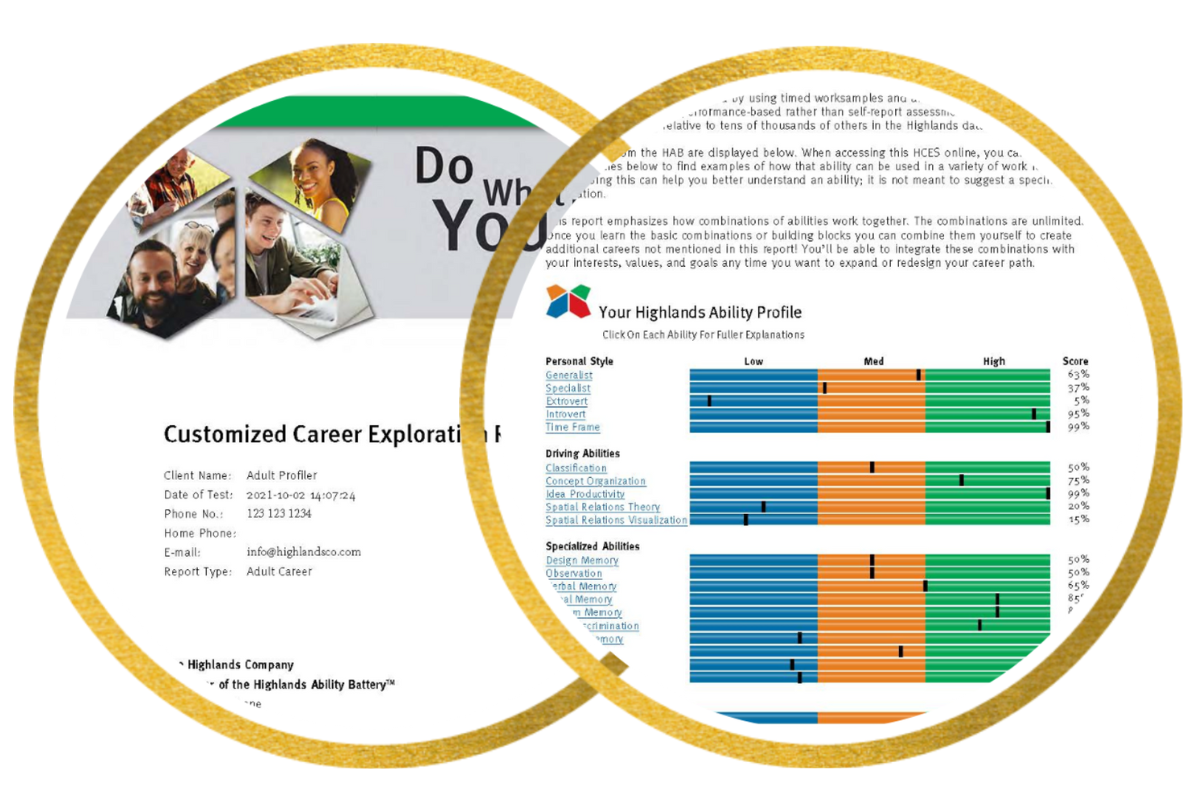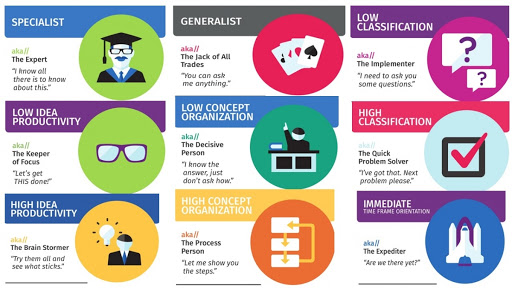An article in the Wall Street Journal – personal journal on 18th June discussed to what extent a test can help young people choose their ideal career.
The article says that there is rising demand for young people to take these to help choose what to study at university and for a future career.
Remember a test can never tell you what to do, but it does help develop self understanding so you are better paced to make the right choice for you.
The university career service is always the first choice to see what help is available, and for many this will help steer them into the right place to look for the careers that interest them. They have less time though if you are unsure and need to take more time on exploration.
Popular low cost tests are interest inventories such as the Strong Interest Inventory assessment or The Self Directed Search – both based on the work of John Holland which divides people and jobs into 6 categories
· Realistic – practical focused jobs
· Investigative – research and analytical jobs
· Artistic – creative jobs in an unstructured environment
· Social jobs – helping, caring for or instructing people
· Enterprising jobs – involving selling, business or persuading
· Conventional jobs – systematic jobs involving organising and processing data
You can take the Strong Interest Inventory via a number of online websites including my personal assessments web site. You answer 291 questions and your answers are compared to people who like their job, are good at their work and have been in their job for 3 years or more.
The downside of these sorts of tests are that they are based on interests and just because we have certain interests doesn’t mean that we can do these – I’m a close match with fine artist, but don’t have the talent.
It’s for this reason that people will choose to take an ability assessment such as from the non profit Johnson O’Connor Foundation which provides 2 in person in-depth assessment sessions and a follow up interpretive session at their centres, or The Highlands Ability Battery which is based on the Johnson O’Connor assessment but available as an online assessment and followed by an in-depth discussion.
In the article in the Wall Street Journal, the authors daughter took the Highlands Ability Battery and he derived more than 12 possible careers and also discussed career planning skills.
You can read more about the Highlands Ability assessment via the Highlands company web site or take it via Amazing People here:





Great post! You are right that many students are seeking help defining their majors and career paths. I have seen an increasing demand for these services over the past few years.
Whether you choose a university career center, counselor, or independent consultant, you will learn more about yourself through these kinds of assessments.
You are also right about the Strong Interest Inventory focusing on Interests (not strengths). This is what a good counselor is key to debriefing an assessment. If you can’t find a job using the interest, find an organization that values that interest (for instance you could work in a museum if you favor the fine arts).
The Myers-Briggs Type Indicator also offers a career report that might add more understanding. The results are based on your personality preferences.
There is also a report that combines the results of the MBTI Career Report with the Strong Interest Inventory. This report gives you an even more robust view of your personality and interests.